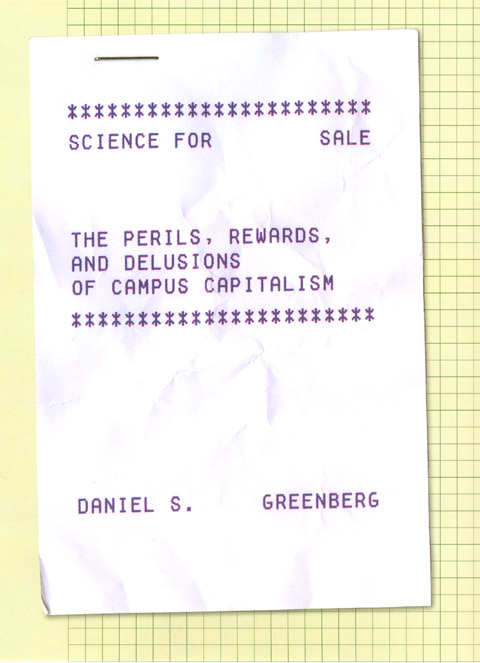Drug money

An article in yesterday’s New York Times reveals some not so startling facts about corporate interests infiltrating the ivory tower at Harvard’s Medical School where the American Medical Student Association recently brought the school under national scrutiny by giving it an F grade in terms of how well it monitors and controls drug industry money. The article begins with one entering medical student’s tale of innocence lost:
In a first-year pharmacology class at Harvard Medical School, Matt Zerden grew wary as the professor promoted the benefits of cholesterol drugs and seemed to belittle a student who asked about side effects.
Mr. Zerden later discovered something by searching online that he began sharing with his classmates. The professor was not only a full-time member of the Harvard Medical faculty, but a paid consultant to 10 drug companies, including five makers of cholesterol treatments.
“I felt really violated,” Mr. Zerden, now a fourth-year student, recently recalled. “Here we have 160 open minds trying to learn the basics in a protected space, and the information he was giving wasn’t as pure as I think it should be.”
But on the other side of the issue are many arguments about the enabling funding that drug companies provide, made all the more enticing to school faculty and administrators in the context of the current economic downturn. The NYT article cites: Dr. Thomas P. Stossel, “a Harvard Medical professor who has served on advisory boards for Merck, Biogen Idec and Dyax, and has written widely on academic-industry ties. ‘I think if you look at it with intellectual honesty, you see industry interaction has produced far more good than harm.'”
You can read the rest of the article on the NYT website, but for a more thorough treatment of these contentious issues we offer acclaimed journalist Daniel S. Greenberg’s Science for Sale: The Perils, Rewards, and Delusions of Campus Capitalism. In his book, Greenberg reveals a middle path, suggesting that while the threat has been overhyped, the need for oversight is real and a valuable asset to the integrity of academic science. From research that has shifted overseas so corporations can avoid regulations to conflicts of interest in scientific publishing, Greenberg argues that the temptations of money will always be a threat, but they can be effectively countered through the vigilance of scientists, the press, and the public. Based on extensive, candid interviews with scientists and administrators, Science for Sale is an indispensable resource for anyone who cares about the future of scientific research.
Find out more about the book on the UCP website or read the rest of the article.